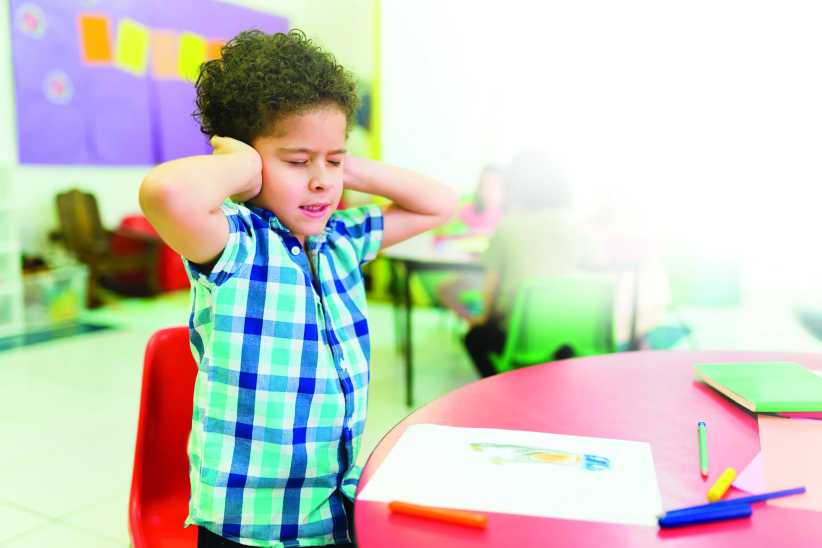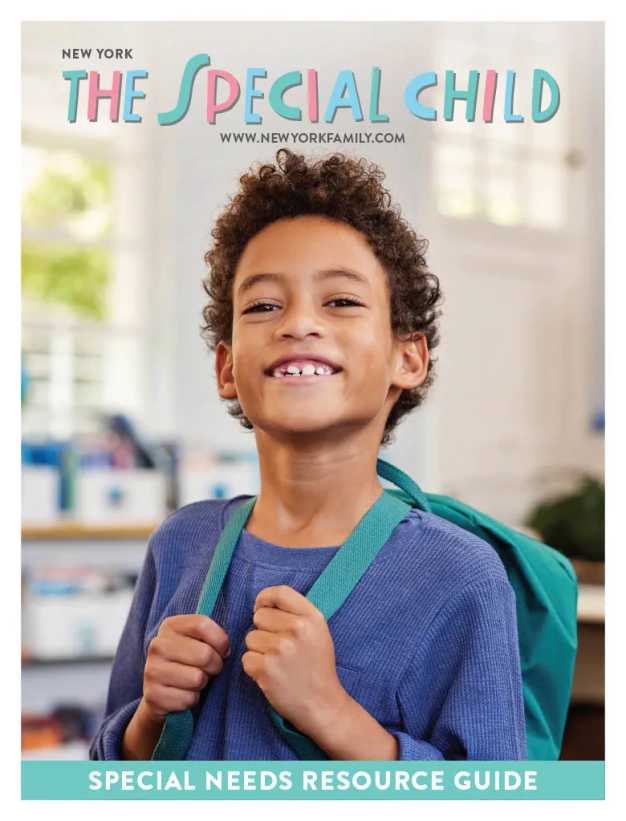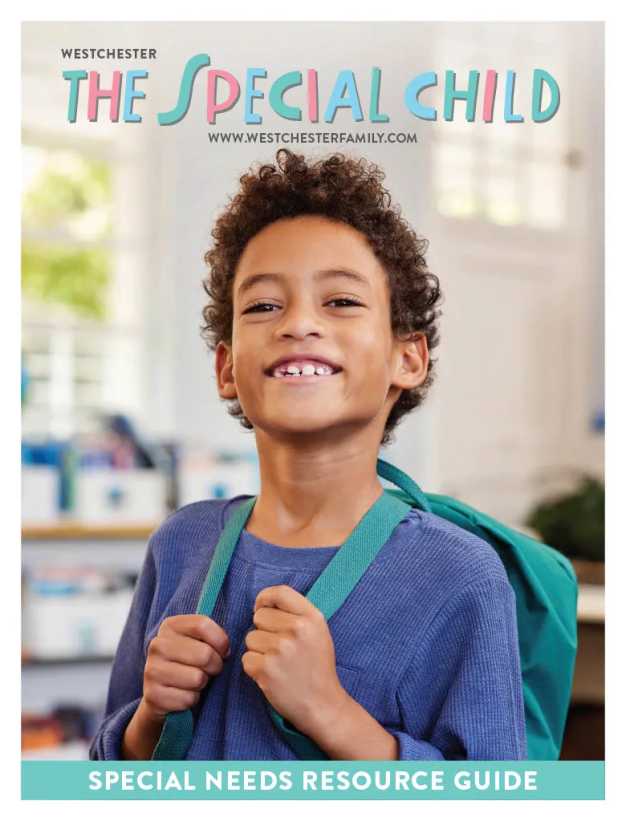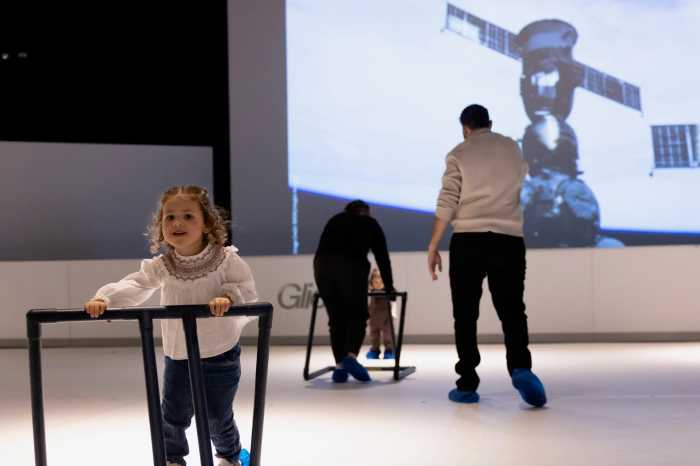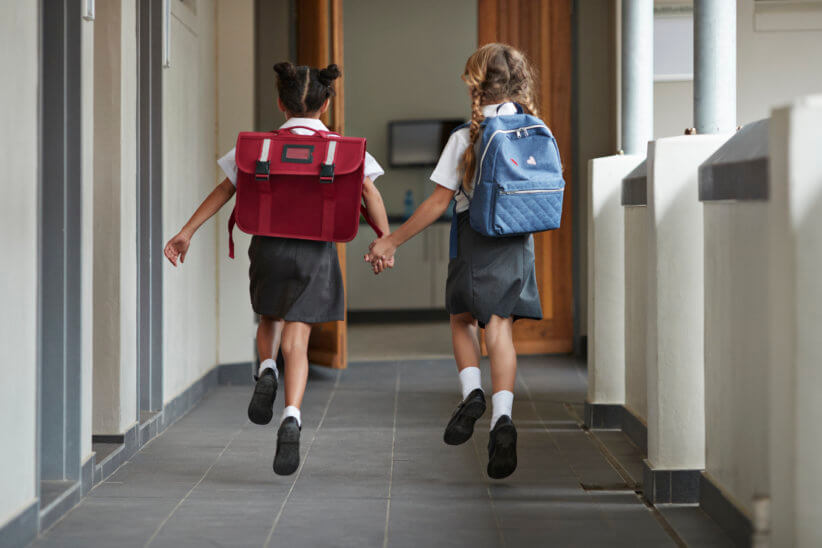
How to Help a Child Bond With Their Special Needs Classmate
“My child has a special needs classmate. What should I do next? How can I help make this a positive experience for everyone?” Chances are, if you love asking about your child’s social scene at school, you will come across these questions. According to the NYC Department of Education, New York City has more than a million students in its public school system, and about 21% of these students have been identified as having at least one type of disability.
Whether in public school or private school, it is likely that a child will have special needs classmates during their school years. How can you help your child bond with this classmate? Gena Mann, co-founder of Wolf + Friends, offers us insight into this question. She has two sons, ages 19 and 17, with autism as well as two younger neurotypical daughters.
Inclusion in the Mainstream Classroom
When children are in the younger grades, it is often the intention of both the school and parents to keep a special needs child included in mainstream classrooms. Children with mild impairments can learn to connect with typical children, and typical children can learn about living in a world where not everybody is exactly the same.
That said, Mann notes that with her older child with more severe impairments, “Once I gave up on that idea for him, we had a lot more success.” Parents of younger special needs children are discovering their own school journeys, and modeling one’s own support, compassion, and kindness toward other families wherever they may be along this journey will help your child reflect your own care and positive values within a school community.
Mann also notes that it was almost harder to help her second son to form bonds with peers when he was younger since he is autistic, but presents as typical to the untrained eye. “The social thing was so much harder because you’re explaining to people over and over again, this is why he acts that way.” She adds: “A patient peer–that’s a start!” Thus, helping your child develop patience and acceptance of their peers no matter how they may act or behave, would be the first step in bonding with a special needs child.
The Elephant in the Room
Rather than pretending that everyone is the same, Mann is a proponent of “addressing the elephant in the room.” For her older son, when he was in the younger grades, either she or a school psychologist would do a mini-lesson in class about autism, explaining what that means specifically for her son and how classmates could find ways to connect with him. Mann would introduce to the class, “Jasper has autism. Here’s what that means.” She would offer an overview appropriate to the class’s age range. “These are the ways that he might behave that may be different or confusing to you.
These are the things that are hard for him. These are the things he is great at.” The adult can suggest interests and strengths that peers could engage with, for example, playing along on the monkey bars or sitting nearby and drawing. Mann believes that “addressing the differences and normalizing them, and also pointing out the similarities helps connect the kids.” Mann says that this gave the classmates a set of concrete ways that they could approach her son and begin to socially engage with him.
Reaching Out to Parents
“Let’s have a playdate!” Parents love receiving that text or call, whether for a typical or special needs child. However, a parent of a special needs child may find bringing a child outdoors a huge undertaking, involving a lot of planning and anxiety. Mann says, “Honestly, it was hard. My kid didn’t really play. He may not talk.”
Her advice to parents of typical children is to make it easy on the other parent and to ask about what would work best for them.“Do you want to go to the playground? Would you like to go for ice cream?” Small gestures and allowances speak volumes, and as Mann reiterates, “Typical or not – who doesn’t appreciate an invitation?” She quickly adds, “No dropoffs though. Not the first time.”
Reaching In
In addition to reaching out to the child and their family, you can also help your child reach within themselves, tapping into their natural capacities to love and embrace what is good. Mann says, “Kindness, kindness, kindness is the key. You can never go wrong by being kind, making an effort, and trying. I think kids for the most part are kind and want to do the right thing.”
She adds optimistically, “Most schools are talking about inclusion and differences now. The real emphasis is on how everyone has a different struggle, different gifts.” She was also recently on a panel about children’s literature and disabilities. “Books are a great resource to teach kids about disabilities, and for kids with disabilities to see themselves in books!” Finding resources on disabilities and discussing them with your child will enrich their everyday experiences with what is true to themselves.
Psst… Check out CDC Recommends Kids Ages 5-11 to Receive the COVID-19 Vaccine: Here is What NYC Parents Need to Know


